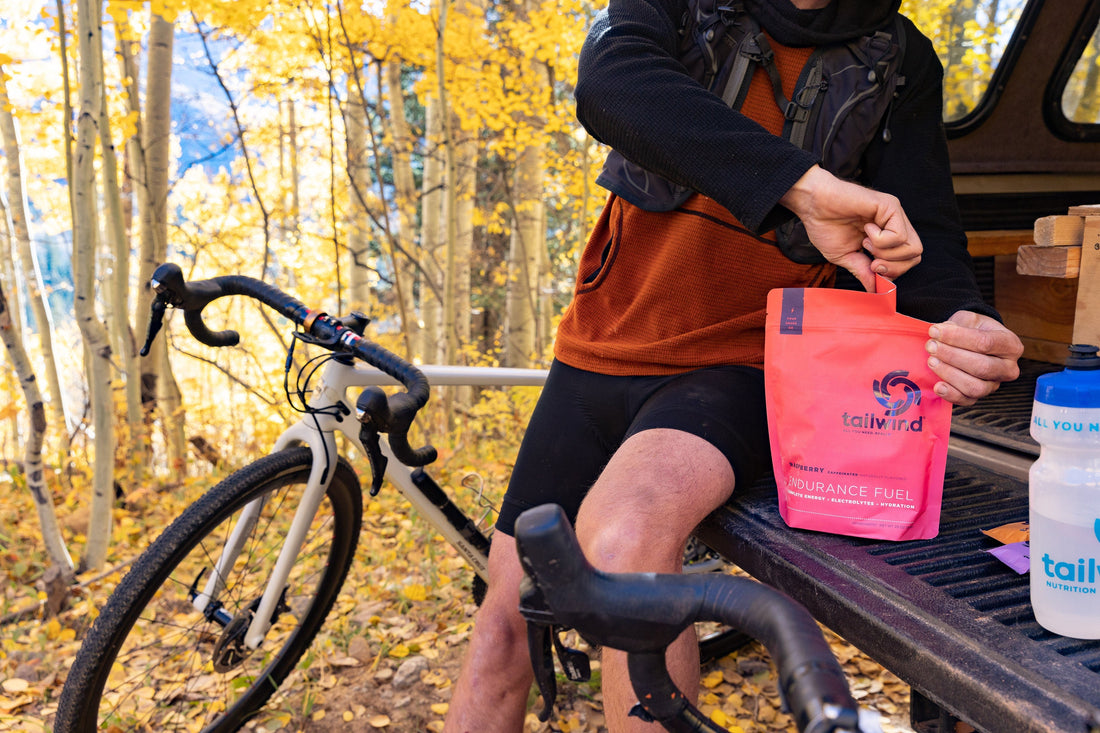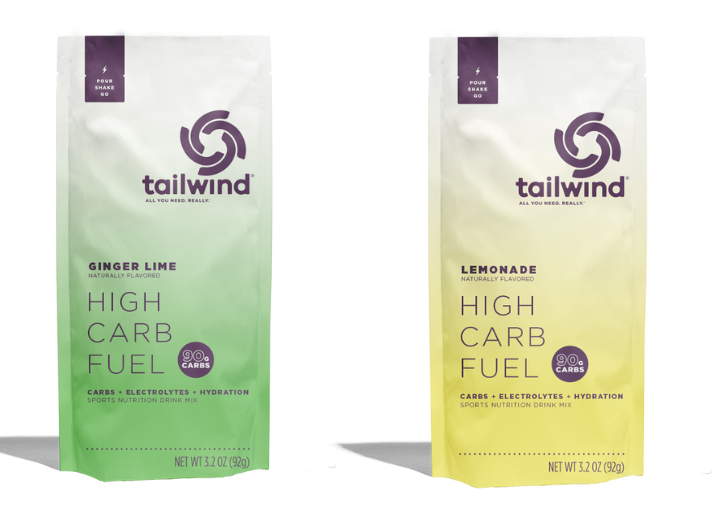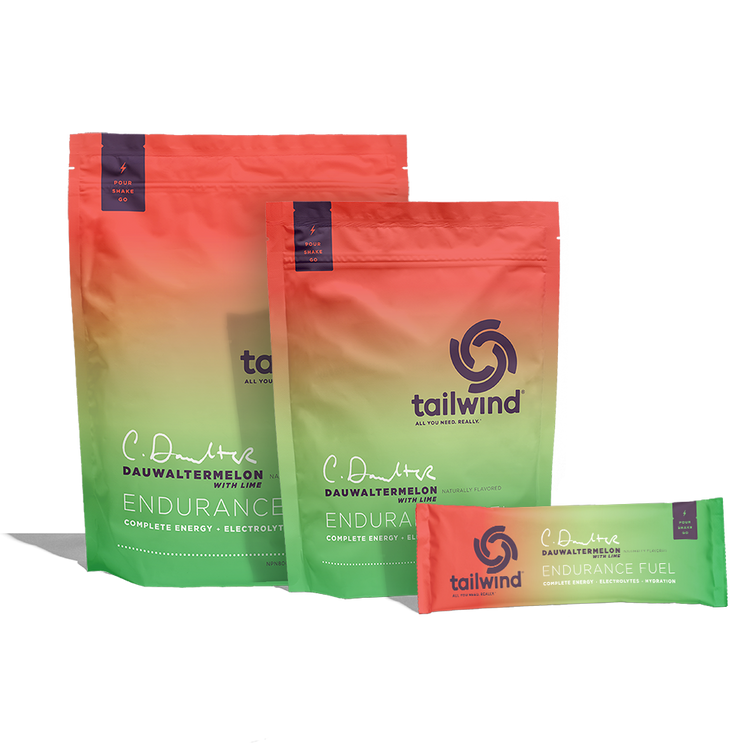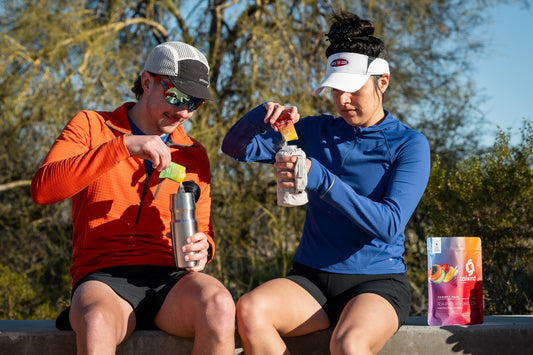Caffeine and Electrolytes: What Athletes Need to Know
0 Comments
Key Takeaways:
1. Caffeine can boost endurance performance by increasing alertness, focus, and stamina when used in moderation.
2. Caffeine does not cause dehydration or significantly deplete electrolytes, contrary to common myths.
3. Electrolytes are essential for hydration and muscle function, and combining them with caffeine can improve both energy and performance.
4. The best results come from clean, balanced sources like Tailwind Endurance Fuel, which provides electrolytes, calories, and optional caffeine.
Caffeine’s Role in Athletic Performance
Caffeine is a natural stimulant found in coffee beans, tea leaves, cacao pods, and more than 60 plants. It works by blocking adenosine receptors in the brain, reducing fatigue, and triggering adrenaline release. This can increase energy, focus, and perceived endurance, making it especially popular among endurance athletes.
Research shows caffeine benefits activities like marathons, triathlons, cycling, and even shorter races. Effects can last 4–6 hours depending on individual metabolism. However, overuse can lead to jitters, insomnia, and dependence, so moderation is key.
Caffeine and Hydration: The Myth
Many believe caffeine dehydrates the body or drains electrolyte levels. Research shows otherwise: moderate caffeine consumption does not cause harmful fluid-electrolyte imbalances.
Coffee naturally contains potassium and magnesium, which help maintain hydration balance. The real concern comes from excessive caffeine intake combined with fluid loss from sweating or GI upset.
Why Electrolytes Matter
Electrolytes, including sodium, potassium, magnesium, and calcium, regulate hydration, muscle contractions, and nerve function. Imbalances can cause fatigue, cramps, dizziness, and even severe complications.
While electrolytes don’t directly provide energy, they keep your body functioning optimally so you can perform at your best. For workouts, combining electrolytes with moderate caffeine can support both hydration and endurance.
Energy Drinks vs. Electrolyte Sports Drinks
Not all energy drinks contain electrolytes, and many are loaded with sugar and artificial ingredients. Sports drinks are designed to replenish fluids and electrolytes lost through sweat. Some, like Tailwind Endurance Fuel, also include caffeine for a performance boost.
When choosing a drink, read ingredient labels carefully. Prioritize balanced electrolyte content, clean ingredients, and moderate caffeine levels (such as 35mg per serving) to avoid side effects.
Tailwind’s Approach
Tailwind Endurance Fuel combines three key components:
Electrolytes: sodium, potassium, magnesium, and calcium to replace what’s lost in sweat.
Water: supports maximum hydration absorption.
Easily digestible calories: sucrose and dextrose for sustained energy without stomach distress.
Caffeinated flavors like Raspberry and Tropical provide an extra boost without overloading your system.
How to Use Caffeine for Sports
Timing: Consume caffeine 20–60 minutes before activity.
Dosage: 3–6 mg per kg of body weight is effective for most athletes; start lower if you’re sensitive.
Strategy: Save caffeine for when you need a mental or physical lift, such as late in a race.
Final Word
Caffeine and electrolytes can work together to support endurance, focus, and hydration as long as you choose high-quality sources and consume them in moderation. Tailwind’s caffeinated Endurance Fuel delivers the right balance, helping you push through tough workouts and cross the finish line strong.






